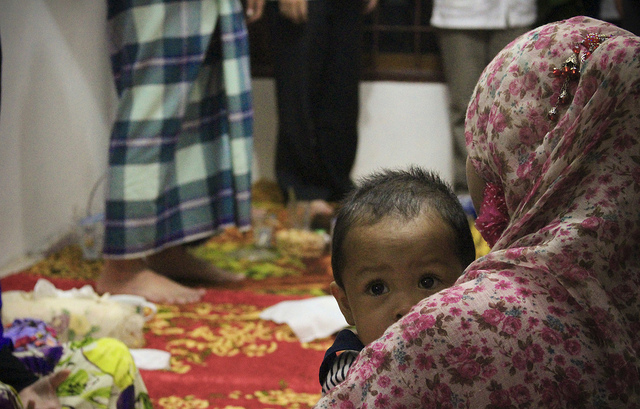
Why Is Ramadan Not A National Holiday?
- By C Barnett --
- 17 May 2018 --

Secularism and Bigotry Are Not The Same Things
Ramadan has officially begun. The month of fasting and praying is being celebrated by the estimated 9 million Muslims in the United States. But for many, it will not be an easy holiday. Ramadan is not recognized as a national holiday. There is little support from schools, jobs, and establishments. Is this discrimination or secularism?
Why Is Ramadan Not A National Holiday?[/tweetthis]
The United States has the Establishment Clause, which is a constitutional protection from the government establishing a formal religion. Some have argued that the reason why Muslims holidays are not officially recognized is this clause. No other religious holiday is officially recognized by the U.S. government. The one exception would be Christmas. But those that argue that Muslims are not discriminated against point out that Christmas has become a secular holiday that has been detached from Christian faith and is celebrated by those of many different denominations and even the non-religious.
But that is not entirely accurate. If Christmas was secular why is there such a controversy over saying happy holidays vs. Merry Christmas? Christmas is still a Christian holiday. And there could be things done to support the Muslim community. In Dubai, working hours are reduced during Ramadan. The United States does not even have to officially recognize the holiday but it can provide more direct support. For example, President Trump has eliminated the twenty-year tradition of hosting a White House Iftar dinner to celebrate the end of Ramadan. Trump has given a lukewarm message about the holiday this year and spend the previous Ramadan mostly talking about terrorism.
While having a national holiday might not seem like a huge issue the way a government talks about Muslims influences how they are treated by Americans. Research has shown that the rise in Islamophobia in the United States has been influenced by the number of politicians in higher office making anti-Islamic comments. So it might be time for local and state governments to offer education and information about how individual businesses and citizens can be pro-active in providing assistance to those that are worshipping during Ramadan.



















